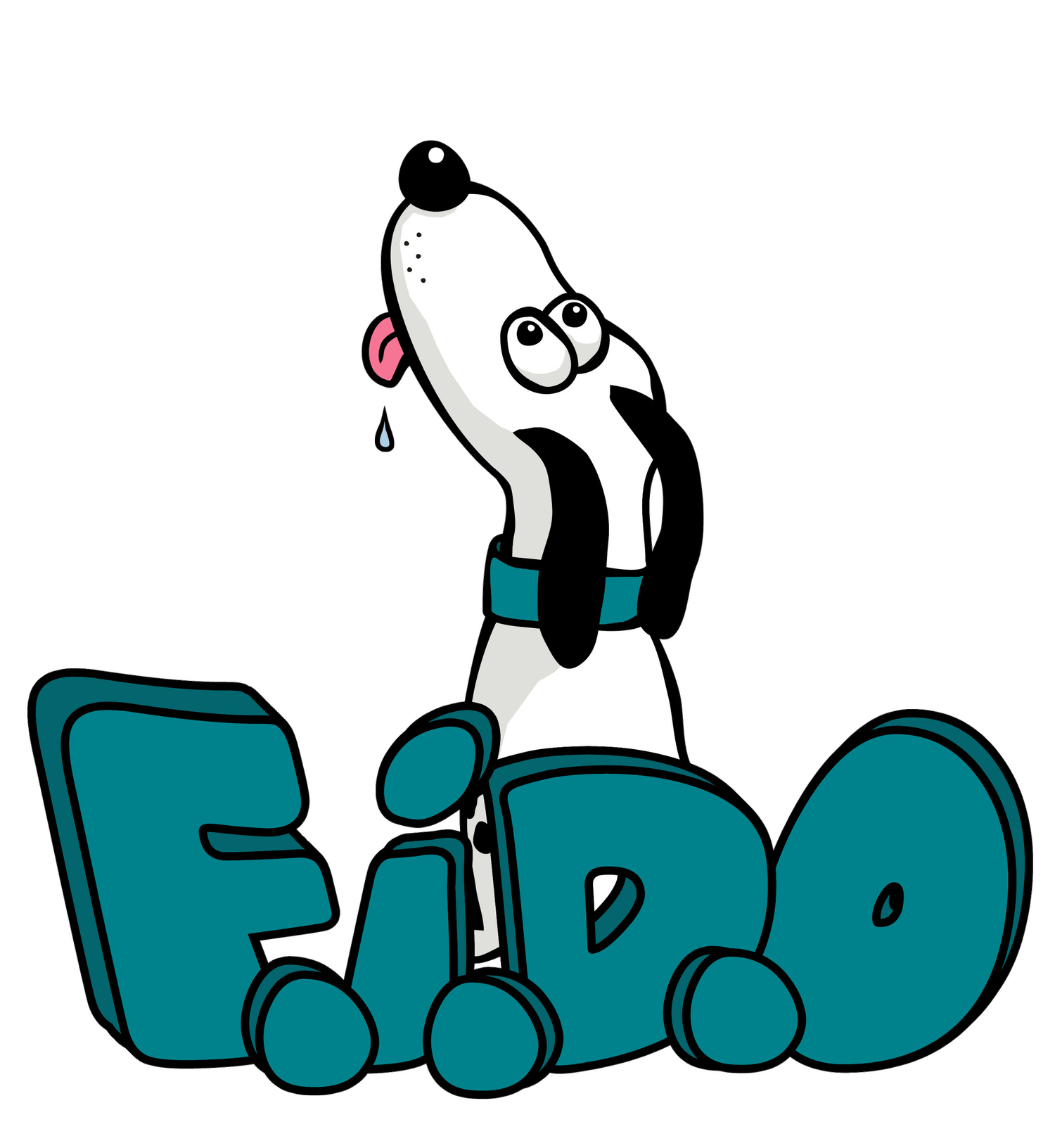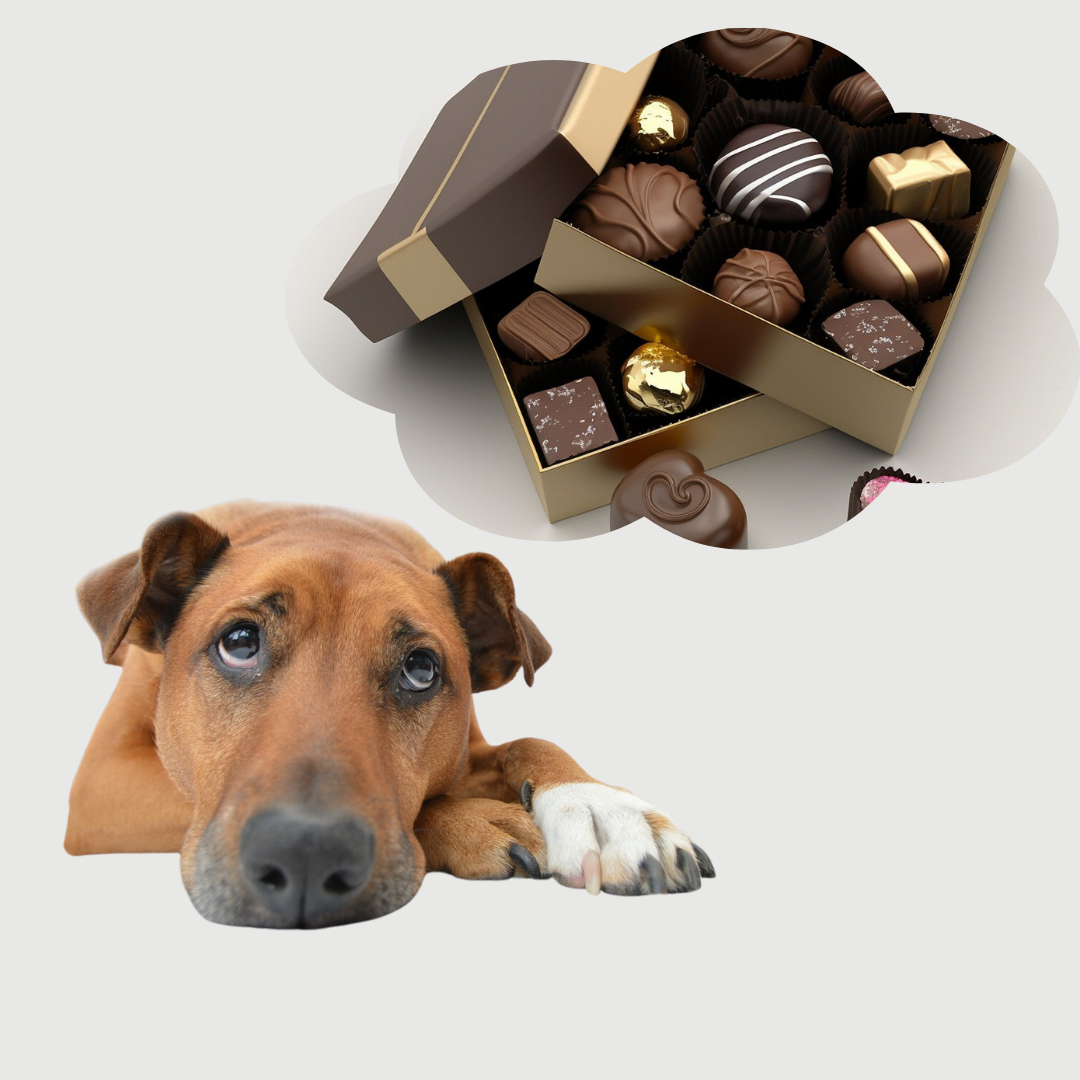Foods Poisonous to Dogs
A serious topic this time. I hear a lot of stories about the various things that dogs steal to eat and there seems to be a feeling that dogs can eat pretty much the same foods as humans. However, this is not true and it is a good idea to know at least the main substances which can give your dog significant health problems.
Here is a description of some of the main substances known to be toxic to dogs in greater or lesser quantity. There are other foods which might cause problems and some dogs, like people, can suffer from food allergies and sensitivities. Remember in general, that dogs need a balanced healthy diet free from ‘junk food’ and not too much of it, so they can stay healthy and fit.
Grapes, raisins, sultanas and currants
These contain an unknown toxin, which could cause irreversible kidney damage to a dog. The onset of symptoms is usually from 6 to 24 hours after they have eaten them and dogs can be very sick and in a lot of pain.
Onions
Onions contain sulfoxides and disulfides which can cause kidney damage to dogs. They cause a form of anaemia which destroys red blood cells. It doesn’t matter if they are raw or cooked so be careful what scraps you feed your dog.
Garlic
While less toxic than onions, garlic can have a similar effect if fed in large quantities.
Chocolate
Most people know that chocolate is dangerous to dogs. It contains a chemical called theobromine which can affect the heart, lungs, kidneys and central nervous system. The darker the chocolate is, the more theobromine it will contain, and it doesn’t take much to poison your dog.
Caffeine
Caffeine can act in a similar way to chocolate and in large amounts can damage a dog’s heart, kidneys, lungs and central nervous system.
Xylitol
Xylitol is a sweetener which often found in chewing gum, some sweets and other products like some peanut butters. It’s actually quite good for humans but is extremely poisonous to dogs so read food labels carefully.
Macadamia Nuts
Macadamia nuts are another food that can make them very unwell. It isn’t known how they do it yet but it can lead to problems within 6 to 24 hours of eating them.
Alcohol
Alcoholic drinks and uncooked yeast doughs (which can also contain alcohol) can seriously damage your dog. Even though it might seem funny to give your dog an alcoholic drink, please don’t, as even relatively small quantities can cause damage.
Fruit Seeds
Some fruit pips, including apple, cherry, peach and plum contain cyanide so are best avoided as cyanide poisoning can be extremely serious.
Avocados
Avocado leaves, seeds, fruit, and bark all contain persin, which is a fungicidal toxin which is harmless to humans but can cause problems in dogs.
Antifreeze
While not a food, antifreeze is very dangerous for most animals. It can lead to acute kidney failure and death, even in small quantities. Unfortunately, dogs are attracted to it because it tastes sweet, so take care to lock it away.
In general…
Dogs have a more robust digestive system than we do and can happily tolerate some foods that would make humans sick. This is partly because they do not start digestion in their mouths and food goes quickly to the stomach to be digested. However, rotten and mouldy food can contain harmful bacteria so it’s always best to make sure your dog’s food is as fresh as possible.
Do not feed your dog cat food as it is generally too high in protein and fats and can lead to obesity and other problems.
In general, don’t feed foods that are high in fat, sugar or salt. Some dogs have difficulty digesting dairy products, just like some people.
Never offer your dog a cooked bone as it may splinter and stick in the dog’s throat.
On the whole common sense is your best guide to feeding your dog a balanced diet and if you want to offer them a treat, ensure it’s one that they will benefit from as well as enjoy eating.


